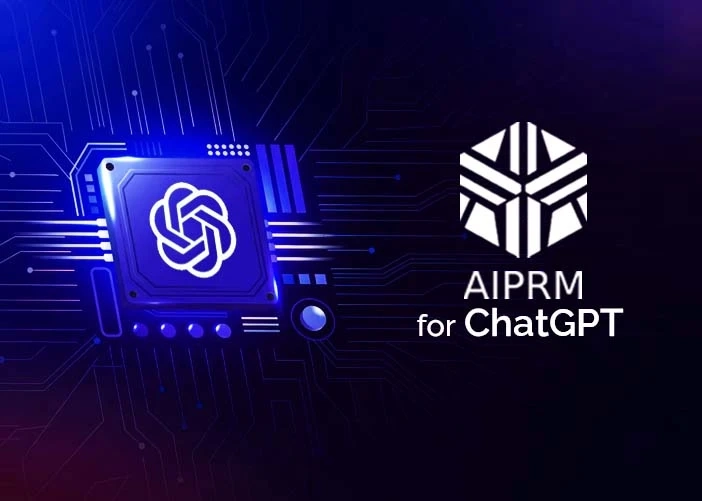In the ever-evolving landscape of artificial intelligence, the quest to enhance human-machine interactions has led to the development of advanced technologies. One such groundbreaking innovation is the integration of AIPRM (Artificial Intelligence Powered Relationship Management) in ChatGPT, revolutionizing the way we communicate with machines. This synergy of cutting-edge technology holds the promise of creating more human-like, intelligent, and empathetic virtual assistants.
Understanding AIPRM:
AIPRM, at its core, is designed to imbue AI systems like ChatGPT with the ability to understand, interpret, and respond to human emotions and sentiments effectively. This technology enables AI models to grasp the context of conversations, empathize with users, and provide personalized responses. By integrating AIPRM into ChatGPT, developers have unlocked the potential for more intuitive and emotionally intelligent virtual conversations.
Enhanced User Experience:
The integration of AIPRM for ChatGPT leads to a significantly enhanced user experience. ChatGPT can now recognize subtle nuances in language, tone, and emotions, allowing for more natural and engaging conversations. Users feel heard and understood, fostering a sense of connection with the virtual assistant. Whether it's answering queries, providing recommendations, or offering support, ChatGPT powered by AIPRM excels in delivering responses tailored to the user's emotional state and preferences.
Empathy in Virtual Interactions:
Empathy, a fundamental aspect of human communication, is now replicated in virtual interactions through AIPRM. ChatGPT can detect sentiments like happiness, frustration, sadness, or excitement in users' messages. By acknowledging and appropriately responding to these emotions, ChatGPT creates a more empathetic and compassionate interaction, enhancing user satisfaction and trust.
Personalized Conversations:
AIPRM empowers ChatGPT to remember past interactions and user preferences, allowing for personalized conversations. This personalization creates a seamless experience where ChatGPT can provide recommendations, suggestions, or advice tailored to individual user needs and preferences. Whether it's helping with shopping decisions, providing travel recommendations, or offering emotional support, ChatGPT adapts its responses based on the user's unique profile and interaction history.
Real-world Applications:
The integration of AIPRM in ChatGPT has diverse real-world applications. In customer service, businesses can deploy empathetic virtual assistants to handle customer queries, complaints, and feedback effectively. In healthcare, ChatGPT can offer emotional support to patients, helping them cope with stress and anxiety. Educational platforms can utilize ChatGPT to provide personalized tutoring experiences, adapting the teaching style to individual student requirements.
The Future of Conversational AI:
As AIPRM continues to advance, the future of conversational AI looks incredibly promising. The integration of emotional intelligence and empathy in virtual interactions will redefine the way we communicate with technology. ChatGPT powered by AIPRM represents a significant step toward creating AI systems that not only understand what we say but also comprehend how we feel, making conversations with machines more meaningful and human-like.
Conclusion:
the integration of AIPRM in ChatGPT marks a paradigm shift in the field of conversational AI. By understanding and responding to human emotions, ChatGPT transcends its role as a mere virtual assistant, becoming a companion that empathizes, supports, and connects with users on a deeper level. As this technology continues to evolve, the future of AI-powered conversations holds the promise of a more emotionally intelligent and compassionate digital world.


